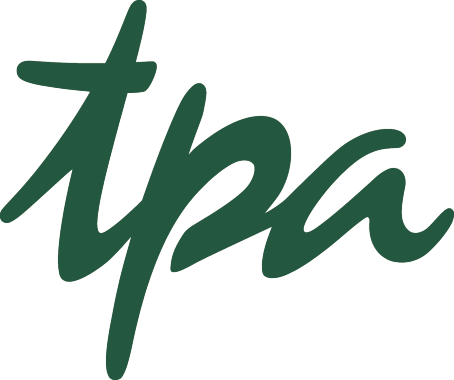1. Fiscalization 1.0 –invoices to end consumers (B2C)
- mandatory for everyone who does business with end consumers
- all invoices must be fiscalized, regardless of the method of payment (cash, card, but also payment to a business/transaction account)
- invoices are issued via electronic devices exclusively (cash registers, applications)
- in case of device or internet failure, a bound book of invoices and subsequent delivery of data is applied
- note: in B2B transactions paid by cash or card, the invoice is fiscalized according to the rules of fiscalization 1.0, but it is not permitted to subsequently issue an eInvoice according to the fiscalization 2.0 rules for the same transaction
2. Fiscalization 2.0 – eInvoices (B2B and B2G)
An eInvoice is an electronic invoice in a structured XML format (according to the EU standard EN 16931). It is not a PDF or a scan, but a document that can be automatically processed by software. It is mandatory for all domestic transactions between business entities (legal and natural persons who are VAT taxpayers).
It does not apply to transactions with foreign countries (imports, exports, deliveries within the EU).
KPD codes (Classification of products by activities in 2025)
- each invoiced item on an eInvoice must have a KPD code (6 digits)
- the KPD code is mandatory on all eInvoices (not used for retail invoices – fiscalization 1.0)
- search: KLASUS application (Croatian Bureau of Statistics) (https://web.dzs.hr/App/klasus)
- contact for assistance in assigning codes: kpd@dzs.hr
- if the correct code is not stated, it is considered a misdemeanor sentenced by a fine
Requirements for the issuer
- issue an eInvoice for every domestic transaction
- number the invoices and state the operator
- assign KPD codes to the invoiced items
- fiscalize the eInvoice immediately upon issuance (or within 5 days in case of self-invoicing)
- keep monthly eReports (collection, rejected invoices, inability to issue an invoice)
- keep eInvoices for at least 6 years in their original form
Requirements for the recipient
- register the identifier in the Metadata Service (AMS)
- receive eInvoices through an access point or intermediary
- fiscalize received eInvoices within 5 working days
- submit reports on rejected eInvoices
- keep eInvoices for the prescribed time period
3. Archiving eInvoices
- eInvoices must be kept in their original electronic form (XML), together with the certificate and a time stamp
- a paper printout is not considered an original invoice and is not valid in tax audits
the archive can be internal or with an authorized information intermediary and it has to ensure the following: credibility, integrity, immutability and availability of the document throughout the entire retention period (6 years)
- storage on personal computers or unreliable media is not recommended
4. Changes to tax regulations in announcement
- the recipient’s consent to accept e-Invoices is revoked
- the deadlines for submitting the PDV, PDV-S and ZP forms are extended
- the U-RA, PPO, DONH, PDV-F, I-RA and OPZ-STAT-1 forms are revoked
- the requirement to reverse the advance payment when issuing the final invoice is introduced
5. How to prepare?
- connect your goods and services to KPD 2025
- select an intermediary
- sign a contract and arrange services (sending, receiving, archiving and fiscalization of eInvoices)
- grant authorization to your intermediary in the FiskAplikacija app
- register an address for eInvoices in AMS by 31 December 2025
- test the system on time – do not wait until the last minute
Conclusion
From 2026, all invoices in B2B and B2G relationships will be eInvoices only, and all invoices in B2C relationships must be fiscalized via Fiscalization 1.0. Paper and PDF invoices will no longer be ac-cepted in business practice.
Please keep in mind the fact that legislation tends to change frequently. This article is therefore necessarily based on our understanding and correct interpretation of the law and practice at the time of issuing this article. This article will not be updated due to changes in legislation that occur after this article is issued.
